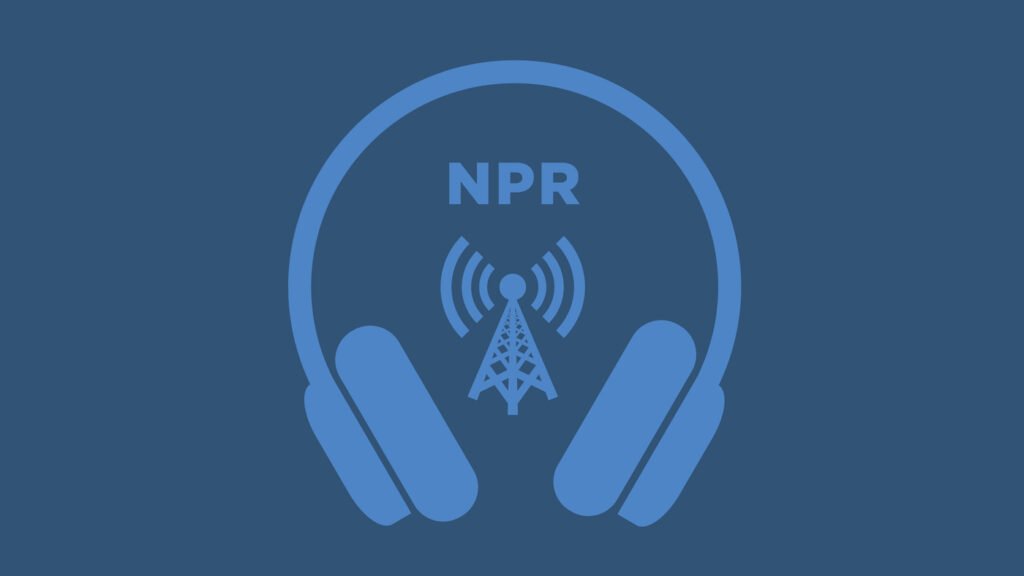Millions of Americans Expected to Lose Health Coverage in the Next Decade
The landscape of health coverage in the United States is on the verge of significant change, with projections indicating that millions of Americans may find themselves without health insurance in the coming decade. This looming crisis has potential repercussions for both individual health and public health systems. Understanding the factors contributing to these changes is crucial for Americans navigating their health insurance options.
The Current State of Health Insurance in America
As of 2023, a substantial portion of the American population relies on employer-sponsored health insurance or government programs like Medicaid and the Affordable Care Act (ACA). However, a report from the Kaiser Family Foundation indicates that various factors, including economic fluctuations and changes in policy, threaten to disrupt this status quo.
Economic Influences on Health Coverage
Economic conditions play a significant role in determining health insurance availability. Factors such as rising inflation, job market volatility, and changes in employer policies can directly impact individuals’ access to insurance. For instance, during economic downturns, many employers may opt to reduce benefits or even eliminate health coverage altogether.
- Job Market Dynamics: The shifting job landscape, with more Americans working in gig or contract roles, often excludes them from traditional employer-sponsored plans.
- Inflationary Pressures: Increased living costs can compel families to prioritize other expenses, potentially leading them to drop insurance altogether.
Changes in Healthcare Policy
Recent changes in healthcare legislation have introduced complexities that could lead to a decline in insured individuals. Programs like the ACA made it easier for many to obtain coverage, but uncertainties exist regarding the future viability of these programs.
The Future of the Affordable Care Act
The ACA has been a lifeline for millions, but with the possibility of policy shifts at the federal level, including attempts to repeal or modify the ACA, many may find their coverage at risk. Keeping abreast of legislative changes is vital for ensuring continuous coverage.
Medicaid Enrollment Shifts
Medicaid serves as an essential resource for low-income Americans. However, recent proposals to tighten eligibility criteria could exclude many who currently rely on this program for their healthcare needs.
The Impact of Losing Health Coverage
The potential loss of health insurance could have serious implications for public health and individual well-being. Without insurance, Americans may face challenges such as:
- Increased Financial Burden: Medical bills can accumulate quickly, leading to potential bankruptcy for families with limited resources.
- Access to Preventative Care: Lack of coverage often results in individuals forgoing regular check-ups and preventative measures, ultimately leading to more serious health issues.
- Crowded Emergency Rooms: An influx of uninsured individuals seeking care in emergency rooms can strain the healthcare system, affecting all patients’ experiences.
What Can Individuals Do?
Staying informed and proactive is crucial for navigating this changing health insurance landscape. Here are some steps individuals can take:
Explore Different Health Coverage Options
Understanding the range of health coverage options available can empower individuals to make informed choices:
- Marketplace Insurance: Health insurance marketplaces provide a platform for individuals to compare and purchase plans that suit their needs.
- Medicaid: Checking eligibility for Medicaid can help those in need access necessary healthcare.
- Short-term Plans: For those in transition, temporary health insurance plans might offer a stopgap solution.
Stay Updated on Policy Changes
Monitoring updates regarding healthcare legislation can help individuals anticipate changes that may affect their coverage. Resources like HealthCare.gov and state health department websites can provide valuable information.
Conclusion
The potential loss of health insurance for millions of Americans poses significant challenges. By staying informed and proactively exploring all available options, individuals can mitigate the risks associated with changing health coverage landscapes. Understanding the intricacies of health insurance and the factors at play will be essential for navigating this evolving environment. Keeping up with healthcare news and developments is critical to making educated choices about personal health coverage.


